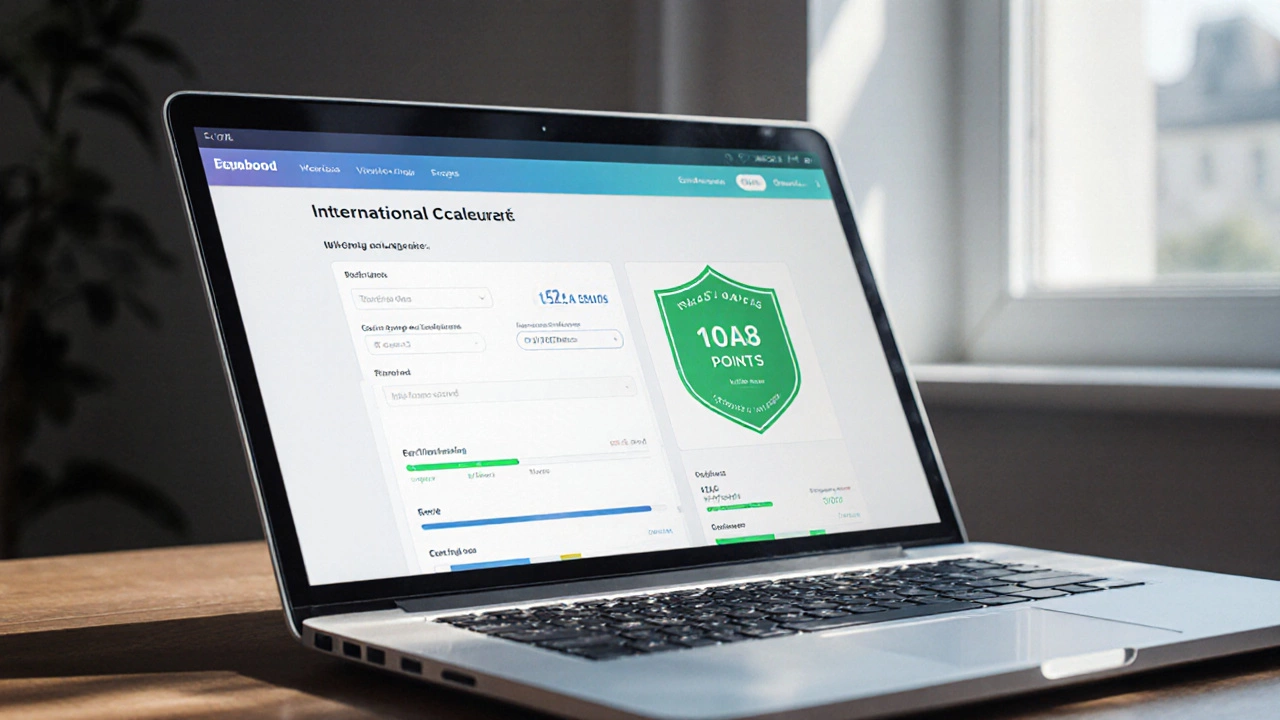IB vs A-Levels: Choosing the Right Path for UK University Admission
Did you know that about 70% of the UK’s top universities say they treat the International Baccalaureate (IB) and A‑Levels the same on paper, yet they still look for different strengths? That little fact can change the way you plan your study years.
How Universities Compare IB and A‑Levels
When a university admissions team opens a file, the first thing they check is whether you meet the minimum grade requirements. For A‑Levels this usually means three subjects with grades A‑A‑B or higher. For the IB they look for a total score of 34‑36 points, with at least 6 in higher‑level subjects. The numbers are clear, but the story behind them isn’t.
IB students are judged on a broader skill set. The programme includes an extended essay, Theory of Knowledge, and creativity, activity, service (CAS). Admissions officers see this as evidence of research ability, critical thinking, and time management. A‑Level applicants, on the other hand, are judged mainly on depth in three subjects. This can be an advantage if you have a strong focus in a specific area like physics or history.
Another subtle difference is how grades translate. A single A in A‑Levels often carries more weight than a 6 in an IB higher‑level subject, because A‑Levels are specialist. Conversely, a 7 in a lower‑level IB subject might be ignored by a maths‑heavy programme. Universities therefore tailor their offers based on the profile they need.
Practical Tips to Boost Your Application
First, match your strengths to the university’s expectations. If you excel at independent research, the IB’s extended essay is a perfect showcase. Highlight it in your personal statement and link it to the course you want. If you prefer mastering a single subject, aim for top grades in three A‑Levels and use extracurriculars to show breadth.
Second, pay attention to subject choices. For medicine, most schools want high‑level chemistry and biology in the IB, or chemistry + biology + another science in A‑Levels. For engineering, maths plus physics are non‑negotiable. Picking the right mix early saves you from last‑minute scrambling.
Third, use predicted grades wisely. Many universities make conditional offers before final results. Keep in close contact with teachers to ensure they feel confident about the predictions they give. A solid predicted grade can lock in a place even before your exams are finished.
Finally, don’t underestimate the personal statement. Whether you’re writing about an IB research project or an A‑Level coursework, focus on what you learned, not just what you did. Admissions tutors look for evidence of curiosity, resilience, and the ability to apply knowledge.
Bottom line: both pathways can lead to the same university doors, but they highlight different skills. Choose the route that plays to your strengths, keep your subject choices aligned with your dream course, and use the extra components of each system to stand out. With the right strategy, the decision between IB and A‑Levels becomes less about “which is better” and more about “which fits you best.”
UK Universities: Do They Prefer IB or A‑Levels?
Find out if UK universities favor the International Baccalaureate or A‑Levels, with data, comparisons, and practical tips for applicants.
More
